
Junior infielder Ben Isaak has taken his talents overseas for the 2019 Fall Semester to study at Suffolk's Madrid campus. While stamping his academic passport, Isaak will check in with GoSuffolkRams.com from time-to-time to tell Ram Nation what she has been up to abroad.
Below is the third installment, featuring Isaak's journey to six difference locations over a six-week span.
A nice perk of studying in Madrid is how easy it is to travel by bus, train, or plane to other countries. Below is a description of each city I’ve traveled to so far.
Málaga - August 28
This trip was Suffolk’s welcome trip for all the incoming Madrid campus students. It was a great opportunity to get to know my peers and see one of the many beautiful corners of Spain. Málaga is on the southernmost shore of Spain, inland from the Strait of Gibraltar. With its many beaches and access to the Alboran Sea, which opens up into the Mediterranean Sea, we did plenty of swimming. Growing up in New England, I love swimming in the ocean, however, the Mediterranean is known for its high salt content and your body floats as a buoy. This was an amazing way to begin my semester as I could see it was for my peers as well.



Segovia - September 6
From Madrid, with its great public transportation, there are so many easy day trips that can be done. The Spanish countryside has its three staple establishments: olive fields, medieval castles, and tobacco shops. Segovia has all three. For €8.70 a person, myself and a few peers bought roundtrip bus tickets to Segovia for the day. We toured Alcázar of Segovia, a massive castle with foundations that date back to Roman rule. The castle was rebuilt several times and it is the Moorish architecture that remains today. Also dating back to the Roman empire is Segovia’s famous aqueduct, pictured below.




Madrid, Bull Fight - September 8
The bull fights here in Spain are a declining yet key part of Spanish culture. With questions about animal cruelty and displays of violence, the tradition is slowly becoming less a part of way of life here. In my opinion, the running of the bulls is a fantastic tradition that both shows immense respect to the bull and the bullfighter. After speaking with a classmate here at Suffolk whose family is from Spain and raises bulls, I learned that the bulls are treated extremely well and live content, healthy lives until they mature and die in an arena. She even said that farmers take them for daily walks, fanning them from all sides to keep them cool and comfortable while grazing. When they are released into the bull ring, the bullfighter’s goal is to have a sort of dance with the bull, letting it release all of its adrenaline and become tired before being executed. The bullfighter is awarded for how long they are able to tempt the bull, the fans bet on the results similar to sports boxing matches in the US, fans drink and smoke in the stands and scream at the bullfighters and horseback riders if they do poorly. When we had the chance to see one in person, we witnessed the horseback rider being booed and cussed out of the arena for making too fatal of a cut in the bull’s back and causing it to bleed out prematurely. After the bulls death, all parts of the bull are utilized for meat, clothes, tools or prizes for the fighters contrary to common belief that they are wasted.


Lisbon, Portugal - September 20
Through one of the school’s planned group excursions, about 25 of us including two Suffolk personnel traveled by overnight train to Lisbon My friend Michael Power (Suffolk Track & Field) and I spent most of the weekend exploring the city with the group, while I took photos and video of the scenery. Lisbon is one of the most unique cultures I’ve experienced thus far; we both agreed it seemed like the San Francisco of Europe, especially with its public graffiti, bridge looking similar to the Bay Bridge in Oakland, and widely used trolley system.
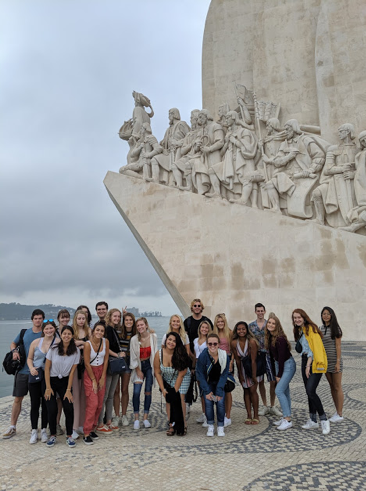

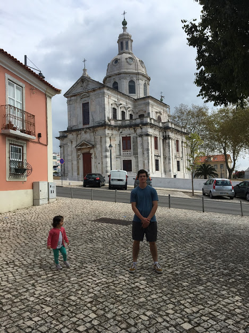
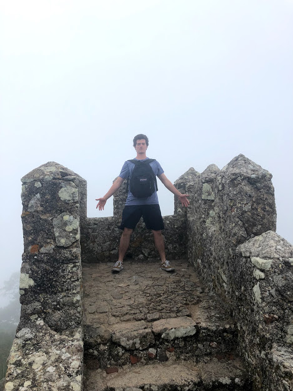
Canary Islands - September 28
One trip I had been planning on taking for a while before I left Boston was the Canary Islands of Spain. This is part of the astronomy course offered in Madrid. The lab portion of the course takes place at the Tenerife Teide Observatory in the Canary Islands. With such a small class size of eight (pictured below), it was an incredible experience sleeping at the observatory at 3000 meters. The entire island is made up of over 300 volcanoes, so every stone and piece of sand is volcanic rock. In fact, many of the beaches on the island have black sand. Due to illness, our professor was unable to travel to the Canaries to teach the lab. With only a few weeks notice, Suffolk was able to find two extremely knowledgeable professors who lived on the islands and met us at the observatory to teach the curriculum. With their expertise, being astronomers themselves, the excursion proved to be informative and unforgettable.
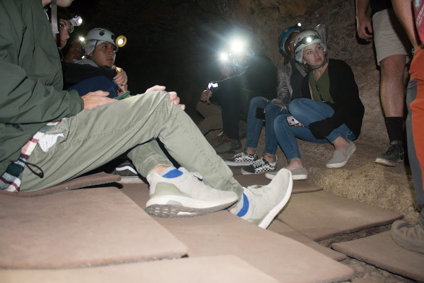


Zürich, Switzerland October 12
The most recent excursion we made was to Zürich. Switzerland is one of the most pristine places I have ever been. Swiss people value their way of life, heritage, and landscape. We decided to rent a car and explore the countryside in addition to the city. This was a great decision because it enabled us to see smaller villages and parts of Switzerland we couldn’t necessarily visit on public transportation. Plus, it was cool to be in a place with more cows than people. One of my favorite experiences was hiking up Rigi Hochflue and taking in captivating views of the Swiss alps. The hills in Switzerland are so steep that often you don’t see a view until the very top. At the summit of the first peak we hiked, I remember conversation suddenly ceasing, the view was truly breathtaking.
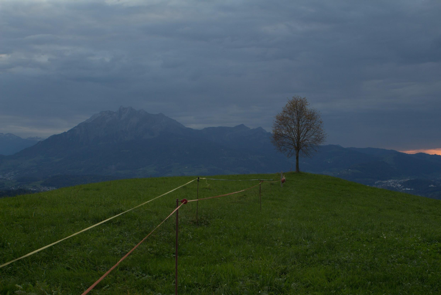
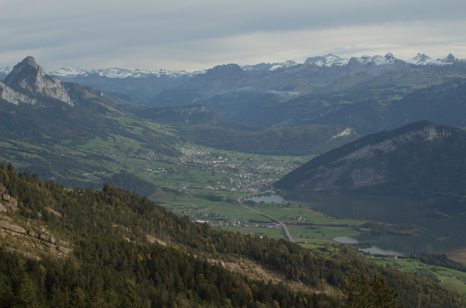
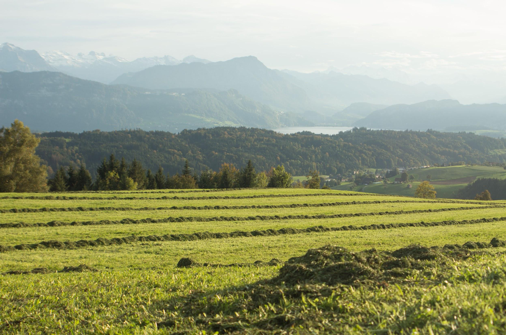
Since moving here for the semester I’ve started many new activities in place of baseball, one of which is English tutoring. Through a program called Aprender Inglés, I am working as a tutor for two 11-year-old boys once a week. This is given me a unique perspective on schooling in Spain and European nations where English is not the first language. Both of these children levels of English far exceed my level of Spanish as schools in Spain teach English grade 1-12. Although they can comprehend English and communicate in basic sentences, they can benefit a lot from conversing with someone who’s accent is native as I do from conversing with native Spanish speakers daily. I enjoy working with them and learning about Spanish culture at the same time.
Thanks to the staff at SUMC, I was able to get connected with a local soup kitchen that serves homeless people daily. Friday mornings I am volunteering at the kitchen, getting an opportunity to meet and help people of a socioeconomic class that many tourists would not, as well as getting more practice conversing with native Spanish speakers.
Fans, families, alumni and friends can check in with what Isaak and Phelan are up to over sees by following their adventures on GoSuffolkRams.com or over social media by using the hashtag #RAMsinterNATIONal.